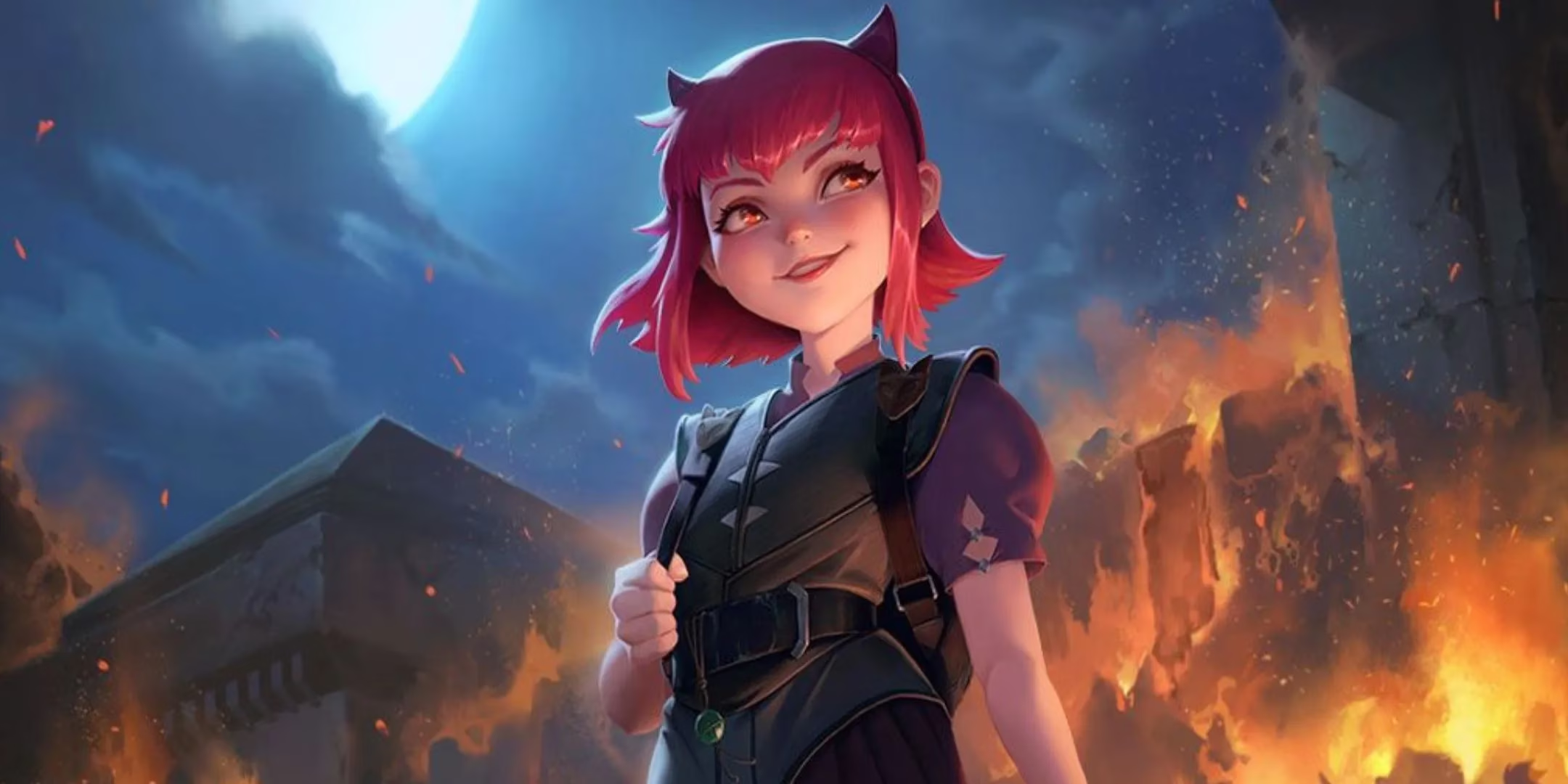Riftbound: A New Era of Fair Play in Trading Card Games
Discover Riot Games' innovative Riftbound trading card game, blending stunning visuals with anti-scalping measures to ensure fair access and immersive gameplay.
In the sun-drenched days of summer 2025, the gaming world pulses with a palpable thrill as Riftbound, Riot Games' latest venture into the realm of trading card games, unfolds its intricate tapestry. As a seasoned player, one feels the electric anticipation coursing through the community, a symphony of eagerness and fervor that echoes in every whispered rumor and shared artwork. Riot's reputation for lavish production values at a game's inception only heightens this excitement, promising a visual and strategic feast that could redefine the genre. Amidst this fervent atmosphere, however, lurks the familiar shadow of scalpers—those opportunistic figures who prey on hype to turn scarcity into profit. It's a concern that tugs at the heart, stirring memories of past frustrations where cherished cards slipped away into inflated markets, leaving genuine enthusiasts adrift in disappointment.
The Hype and Hope of Riftbound
Riftbound, scheduled for release on August 1 in China with global dates still veiled in mystery, represents a beacon of innovation in a landscape often marred by accessibility issues. Riot's commitment to high-budget artistry ensures that every card is a masterpiece, drawing players into its immersive world with unparalleled allure. Yet, this very allure attracts scalpers, who have long plagued giants like Pokémon and Magic: The Gathering. As one reflects on those battles, a wave of unease washes over—will Riftbound fall victim to the same predatory cycle? 😟 Riot's executive producer, Chengran Chai, addresses this in recent interviews, offering a glimmer of hope. His words resonate with a player's yearning for fairness: "We will definitely have anti-scalping, anti-bot measures for the Riot channels," he states, emphasizing that these official avenues are tightly controlled to safeguard supply. This assurance feels like a soothing balm, alleviating fears and reigniting the initial thrill of discovery.

The radiant imagery of Annie captures the essence of Riftbound's artistry, a visual symphony that fuels player dreams.
Strategies Against Scalping: A Delicate Dance
Chai's insights reveal a nuanced approach to combating scalpers, blending vigilance with support for local partners. On Riot's official channels, robust measures are in place, including:
-
Anti-bot systems 🔒 to block automated bulk purchases.
-
Supply monitoring 📊 to ensure adequate stock for all players.
-
Reasonable pricing 💰 to keep the game accessible.
As he elaborates, "I don't want to comment specifically on print runs, quantities, but I will say... we want to make sure the game is accessible, and that there is adequate supply." This dedication to inclusivity feels deeply personal—one can almost sense the relief in knowing that Riot prioritizes players over profits. Yet, the challenge intensifies with local game stores, where scalpers exploit vulnerabilities. Chai acknowledges this as "tricky," since Riot isn't directly in control, but vows to "support them as much as possible" through balanced incentives. A comparison of risks highlights the tightrope walk:
| Channel Type | Scalping Risk Level | Riot's Influence |
|---|---|---|
| Official Riot Store | Low 🟢 | High (Direct control) |
| Local Game Stores | High 🔴 | Limited (Support-focused) |
Independent retailers, with their finer profit margins, often succumb to high-value sales, making it easier for scalpers to dominate. This reality evokes a sense of empathy—one imagines small shop owners struggling against overwhelming odds. Still, Chai's resolve to "find the right balance" through incentives offers a ray of optimism, transforming potential despair into a shared mission for fair play.
Personal Reflections and the Path Forward
As a player, the journey through Riftbound's narrative stirs a profound connection. The game's lore, embodied in characters like the whimsical Poro Herder, invites escapism and strategy, yet the specter of scalping threatens to tarnish that joy. 😌 Recalling past TCG disappointments, where bots snatched limited editions overnight, one feels a renewed appreciation for Riot's proactive stance. It's not just about cards; it's about community and inclusion, where every fan deserves a seat at the table. Chai's stress on "products available through official Riot channels" provides tangible reassurance, while the company's pledge to support stores fosters a spirit of unity. Scalping, as Chai notes, may be an "inevitability," but the fight against it is a testament to Riot's player-first ethos. This battle isn't fought in isolation—it's a collective endeavor where vigilance and empathy can turn hype into harmony.

The charming Poro Herder symbolizes the game's inviting world, a reminder of the adventures awaiting fair-minded players.
In the vibrant summer of 2025, as Riftbound prepares to cast its spell, the initial excitement blossoms into a deeper conviction. The thrill of new beginnings, once shadowed by doubt, now shines with the promise of accessibility and integrity. Scalpers may linger, but Riot's measures ensure that the game remains a realm where every player can draw their cards without fear. As the community gathers, the eagerness transforms into a collective victory—a fair play utopia where passion triumphs over exploitation, echoing the dawn of a new era in trading card games.
This overview is based on PC Gamer, a leading source for PC gaming news and industry insights. PC Gamer frequently explores the impact of anti-scalping measures in collectible games, emphasizing how publisher-driven initiatives can foster fairer access and strengthen community trust—an approach that aligns closely with Riot's strategy for Riftbound as detailed above.
